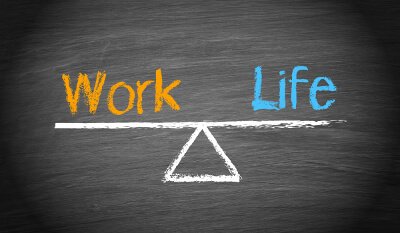Skills for Living…and Working
 As you transition to work, life skills such as problem solving and decision-making, effective communication, financial management and coping strategies become more important than ever. Many young adults age 18 through 35 are either living on their own or becoming more independent for the first time.
As you transition to work, life skills such as problem solving and decision-making, effective communication, financial management and coping strategies become more important than ever. Many young adults age 18 through 35 are either living on their own or becoming more independent for the first time.
While parents and other family members of youth with disabilities play a large role in teaching these skills, there are many organizations ready to assist with additional life skills training.
Instruction may focus on subjects as broad as effective communication or financial management and banking to more specialized areas such as cooking, housekeeping and personal care. Many of the skills you'll learn can help as you search for and find a job.
Some organizations that commonly offer such classes include:
A Path to Work
When Shileta was introduced to the positive effect a mentor could have on a young adult with a disability, she was inspired to help others.
With the support of the Ticket program, Shileta found a path to employment through helping young adults learn about independent living. Now she works for The DC Center for Independent Living (DCCIL).
" ...the next generation of young people with disabilities is growing up. They worry about the same things I worried about. They will have support from people who were there before them, and it is a privilege to be among the mentors who can offer them guidance." – Shileta
Learn more about Shileta's path to employment by checking out her Ticket to Work success story.
- American Job Centers (AJC): AJCs provide various types of assistance to job seekers under one roof, including training programs. AJCs were established under the Workforce Investment Act and are coordinated by the Department of Labor's Employment and Training Administration. You can visit a center in person or connect to the center's information online or through kiosk remote access.
- Community Colleges: Many community colleges offer life skills classes and even work skills programs for individuals with intellectual or learning disabilities or mental illness who are entering the workforce. Some of these programs are free. Contact your local community college to see what it has to offer.
- Centers for Independent Living (CIL): The term "center for independent living" means a consumer‑controlled, community‑based, cross‑disability, nonresidential private nonprofit agency that is designed and operated within a local community by individuals with disabilities and provides an array of independent living services. Many CILs offer life skills classes. Visit ILRU's CIL Directory to find a CIL in your community.
How can Ticket to Work help?
Social Security's Ticket to Work (Ticket) program supports career development for people ages 18 through 64 who receive Social Security disability benefits (SSI or SSDI) and want to work. The Ticket program is free and voluntary. It helps people with disabilities move toward financial independence and connects them with the services and support they need to succeed in the workforce.
Ticket to Work service providers offer a wide variety of employment services to people with disabilities. If you're already working with a service provider, see if the organization offers life skills training or can connect you to a local resource that does.
To find a service provider, you can call the Ticket to Work Help Line at 866-968-7842 or 866-833-2967 (TTY) Monday through Friday, 8 a.m. to 8 p.m. ET. Ask a representative to send you a list of service providers or find providers on your own with the Ticket program Find Help tool.